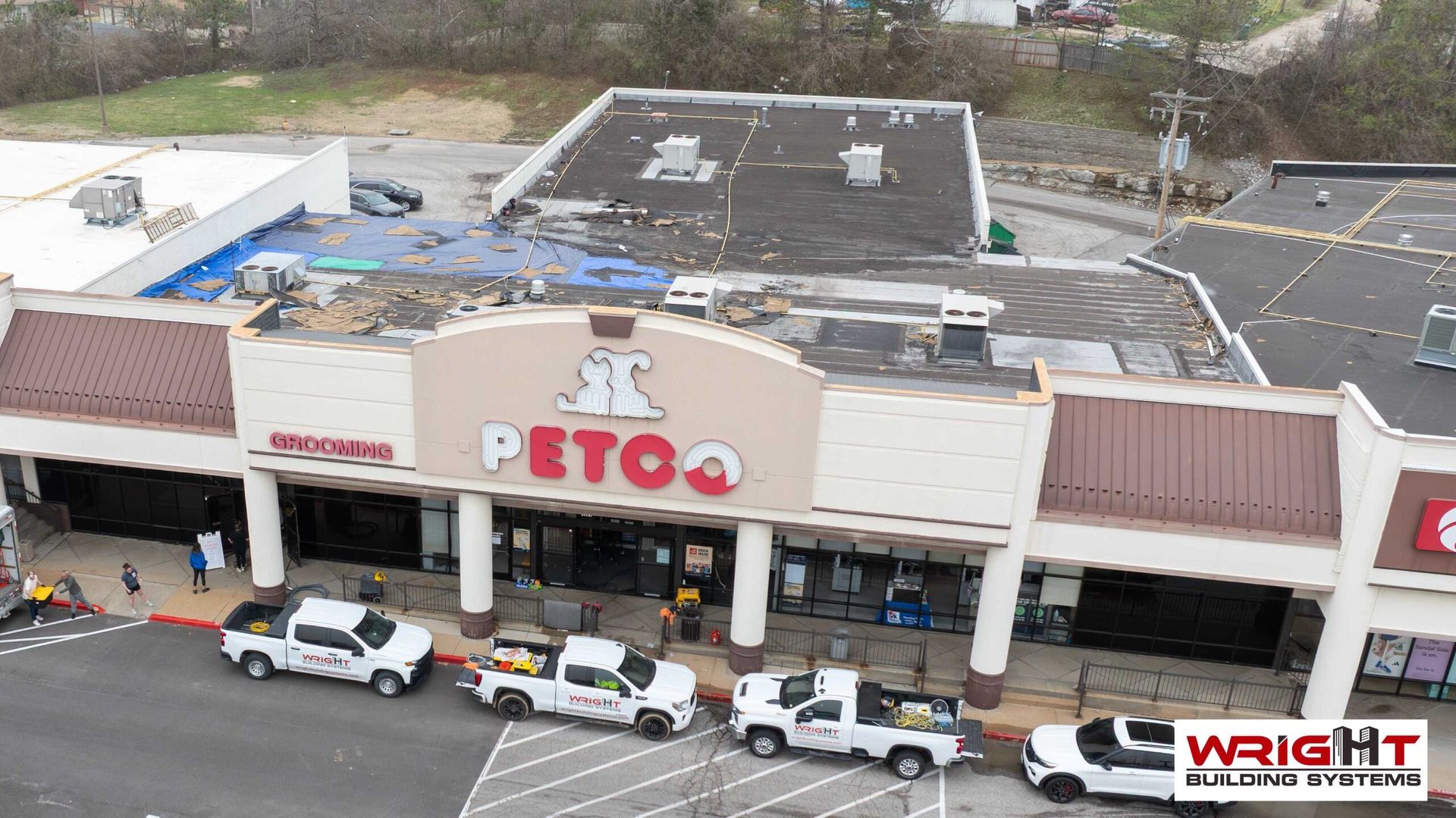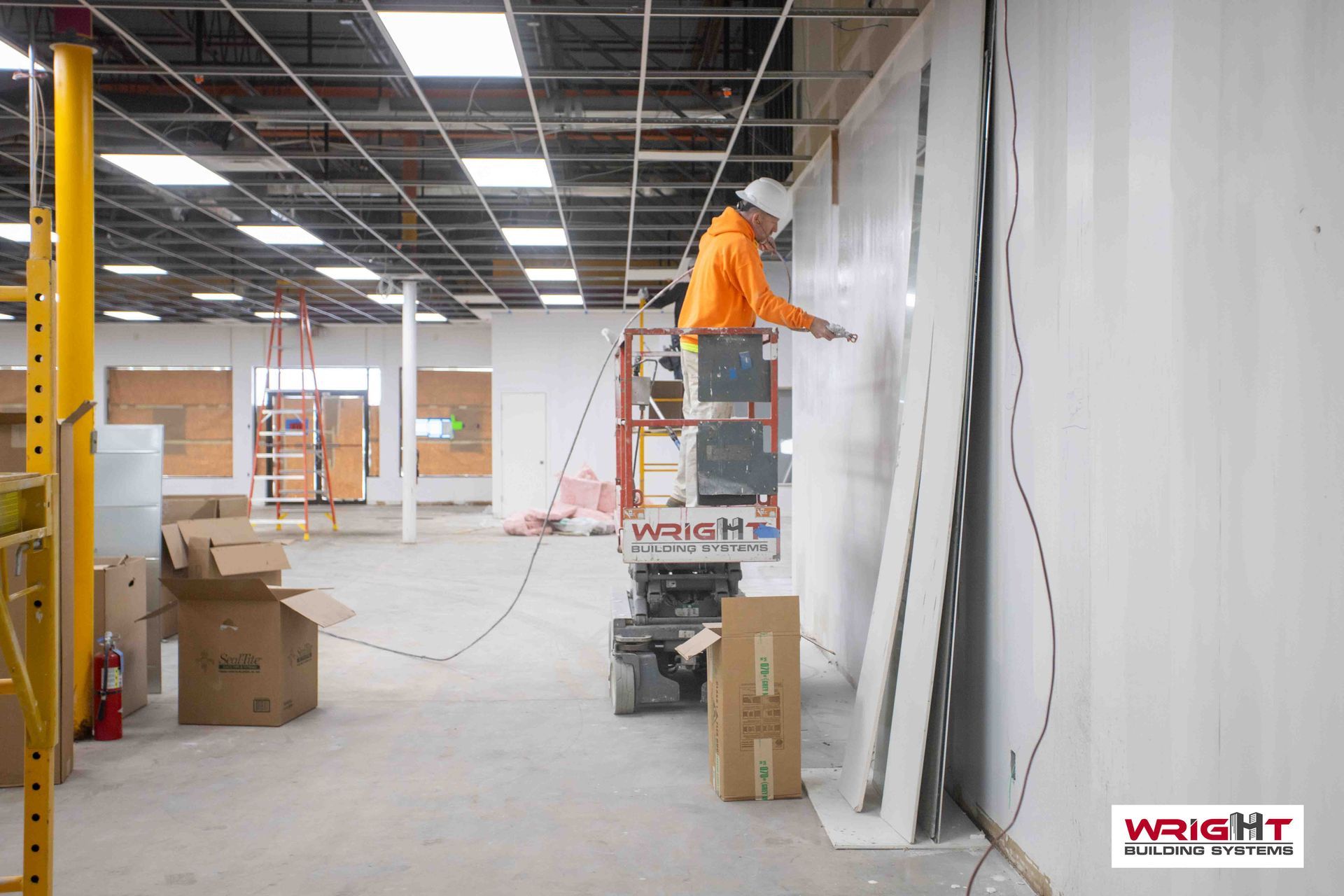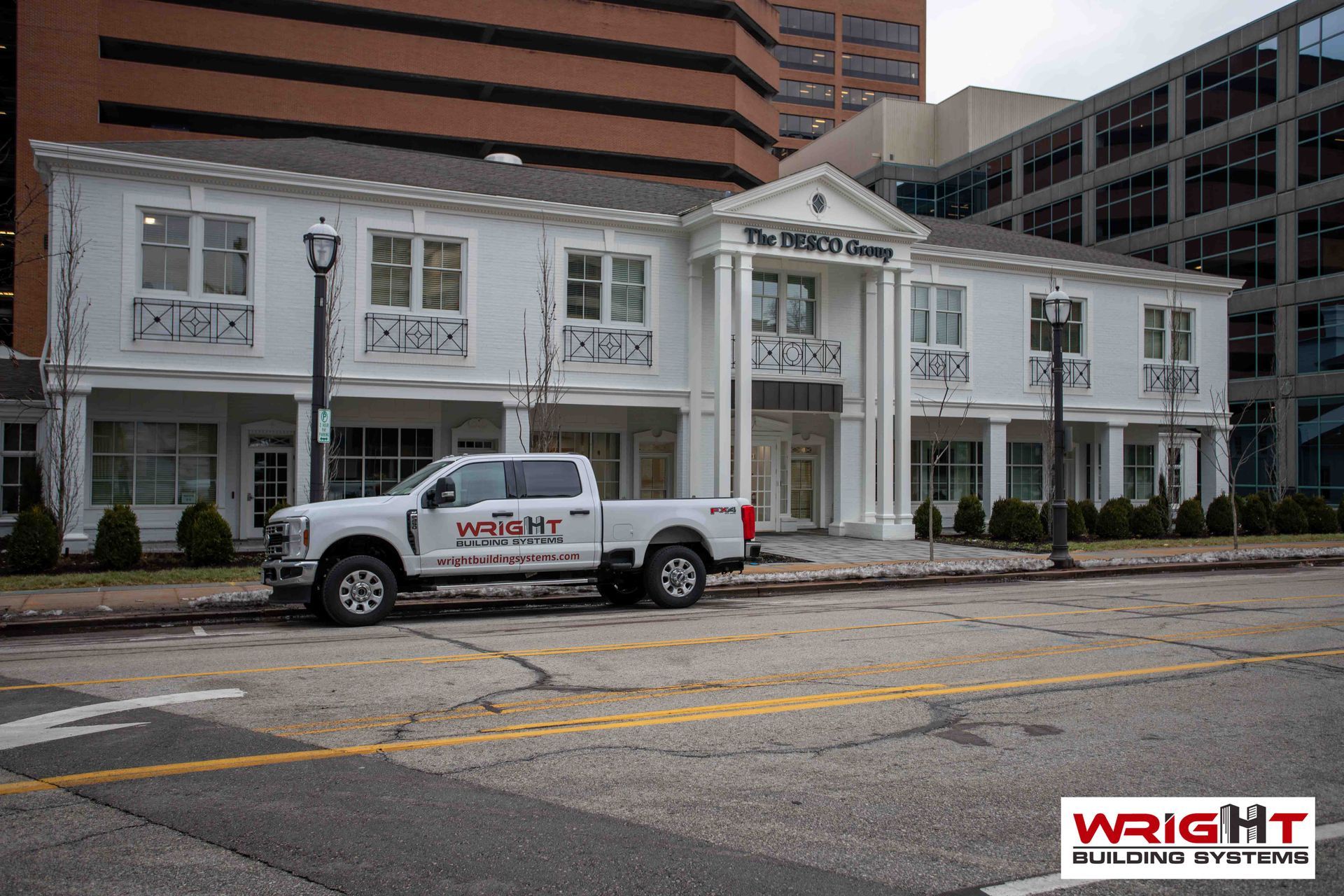A Guide To Working With Subcontractors
Subcontractors are the backbone of commercial construction projects. They bring specialized skills, expertise, and workforce, helping construction companies deliver high-quality work efficiently. However, effective collaboration with subcontractors can take time and effort.
In this blog post, we'll explore eight tips for ensuring successful cooperation with subcontractors in the commercial construction industry. Implementing these strategies allows you to streamline projects, mitigate potential issues, and achieve better outcomes.
Thoroughly Vet Subcontractors
Before partnering with subcontractors, it's crucial to conduct thorough vetting processes. This step serves as the foundation for a successful collaboration. Start by researching their work history, financial stability, safety record, and reputation in the industry. Request references and speak to previous clients to gain insights into their performance.
In addition to vetting their experience and reputation, verify that subcontractors have the necessary licenses, insurance coverage, and certifications to ensure they meet legal and industry requirements, reducing potential liabilities and project risks.
Clear and Detailed Contracts
Clear and detailed contracts are the bedrock of successful collaborations with subcontractors. These contracts should leave no room for ambiguity. They should outline the project scope, timelines, deliverables, quality standards, payment terms, and dispute resolution procedures.
Clearly defining expectations from the outset helps avoid misunderstandings and disputes. Ensure that all parties involved review and agree to the terms in the contract before commencing work. Regularly refer to the established agreement throughout the project to ensure everyone remains aligned with the established guidelines.
Effective Communication
Open and consistent communication is essential for seamless subcontractor collaboration. Establishing clear communication channels and maintaining regular updates is critical to keeping everyone on the same page. Regular meetings, emails, and project management software can facilitate this process.
Encourage subcontractors to report any issues or delays promptly. The sooner you address the challenges, the more effectively the team can resolve them. Foster an environment where subcontractors feel comfortable sharing concerns and suggestions, as their input can contribute to project success.
Quality Assurance
Consistent quality is non-negotiable in commercial construction. Establish clear guidelines and expectations to ensure subcontractors meet your project's quality standards. Subcontractors should understand and adhere to these standards throughout the project.
Regular inspections and quality checks are essential to maintain project quality. Include these checkpoints in the project timeline to identify and rectify issues early. When subcontractors see your commitment to quality, they are more likely to take the same approach.
Safety First
Safety should always be a top priority on a construction site. Emphasize the importance of safety to subcontractors and require them to adhere to all safety regulations and guidelines. Encourage a culture of safety by setting clear safety expectations and consequences for non-compliance.
Subcontractors should provide safety plans and conduct safety training for their workers. Regular safety audits and site inspections help ensure everyone follows safety protocols consistently. By prioritizing safety, you protect workers and reduce the risk of accidents and project delays.
Payment Management
Efficient payment management is crucial for maintaining healthy subcontractor relationships. Establish a transparent payment process and adhere to agreed-upon payment terms. Delays in payments can strain relationships and lead to disruptions in project progress.
Keep accurate records of payments made and received. This transparency builds trust with subcontractors and ensures that both parties handle financial transactions smoothly. Additionally, promptly addressing payment-related issues can prevent them from escalating into more significant disputes.
Documentation and Reporting
Documentation is the key to managing project progress effectively. Require subcontractors to submit regular progress reports, including schedules, work completed, and any issues or challenges they encounter. These reports help you stay informed about the project's status and allow you to address potential roadblocks proactively.
Maintain thorough documentation of all project-related correspondence, change orders, and agreements. A complete record of communications and contracts can be invaluable in disputes or claims. It provides a clear historical record of the project's development.
Conflict Resolution
Conflicts may still arise during a construction project despite your best efforts. To handle these situations, develop and include a dispute resolution process in the contract. This process should outline the steps for addressing conflicts promptly and fairly.
Encourage open communication and mediation as initial steps in resolving disputes. Litigation should be the last resort, as it can be time-consuming and costly. A well-defined dispute resolution process can help maintain positive subcontractor relationships, even when issues arise.

Work With WBS
Collaborating successfully with subcontractors is essential for the smooth execution of commercial construction projects. by following these eight tips, you can establish strong partnerships, minimize project risks, and deliver exceptional results. Remember that subcontractors are valuable allies in the construction industry, and investing in effective collaboration with them will benefit your company's reputation and bottom line.
Greater St. Louis business owners trust Wright Building Systems time and again with all of their projects, including commercial renovations, high-security construction, and more. We are committed to safety and delivering finished products that exceed expectations. Our dedicated team has the equipment, technical skills, and perseverance to complete your project. Let's get in touch today!



